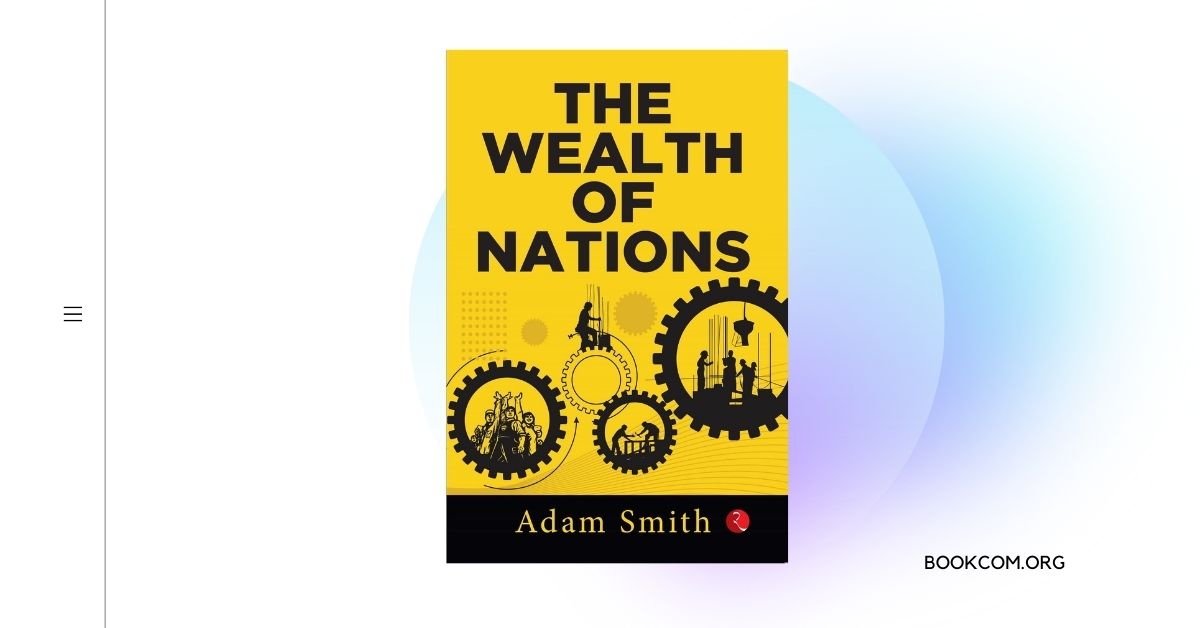Overview:
“The Wealth of Nations” by Adam Smith is considered a foundational work in the field of economics. Published in 1776, it explores the principles of capitalism, free markets, and division of labor. Smith’s book examines the factors that contribute to a nation’s wealth and proposes economic theories that have influenced the field of economics for centuries.
Book Details:
Title: The Wealth of Nations
Author: Adam Smith
Publication Year: 1776
Genre: Economics, Political Economy
Pages: Varies (depending on edition)
Goodreads Rating: 3.87/5
Summary:
“The Wealth of Nations” presents an extensive analysis of the economic systems and policies that drive prosperity in a nation. Smith discusses the division of labor as a key driver of productivity and economic growth, emphasizing the benefits of specialization and its impact on efficiency. He explores the concept of self-interest and its role in shaping market dynamics.
The book delves into the functioning of markets, highlighting the role of supply and demand in determining prices and allocation of resources. Smith introduces the idea of the “invisible hand,” suggesting that individual pursuit of self-interest can lead to collective economic benefit. He argues against excessive government intervention and advocates for free trade, emphasizing the importance of competition and the role of market forces in promoting economic progress.
Smith also discusses various economic topics, including taxation, public debt, wages, and the role of government in maintaining a favorable business environment. He offers insights into the impact of regulations, monopolies, and trade policies on economic growth and development.
Learnings:
Division of Labor: Understand the benefits of specialization and the division of labor in increasing productivity and driving economic growth.
Free Markets: Gain insights into the advantages of free markets, where supply and demand interact to determine prices and resource allocation, promoting efficiency and innovation.
Invisible Hand: Explore the concept of the “invisible hand” and how individual pursuit of self-interest can contribute to overall economic well-being.
Government Intervention: Evaluate the role of government in the economy, considering the potential drawbacks of excessive regulation and the importance of creating a favorable business environment.
International Trade: Recognize the benefits of free trade and the potential gains from international economic cooperation, emphasizing the advantages of specialization and comparative advantage.
“The Wealth of Nations” provides a comprehensive exploration of economic principles and policies, offering valuable insights into the functioning of markets and the factors that contribute to economic prosperity. It is a seminal work that continues to shape economic thought and remains relevant in understanding modern economic systems.
Also read:
The Wealth of Nations: Unveiling the Foundations of Economic Prosperity
For more information about the book, you can visit:



